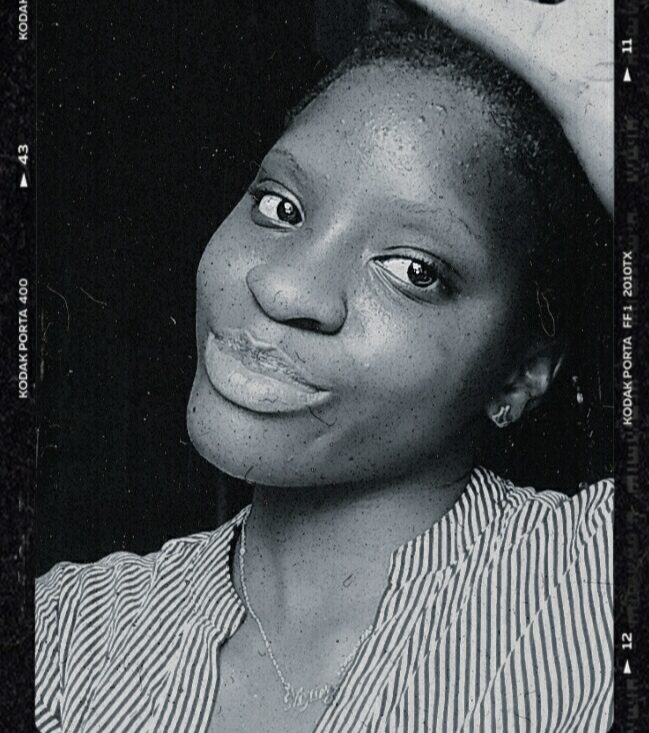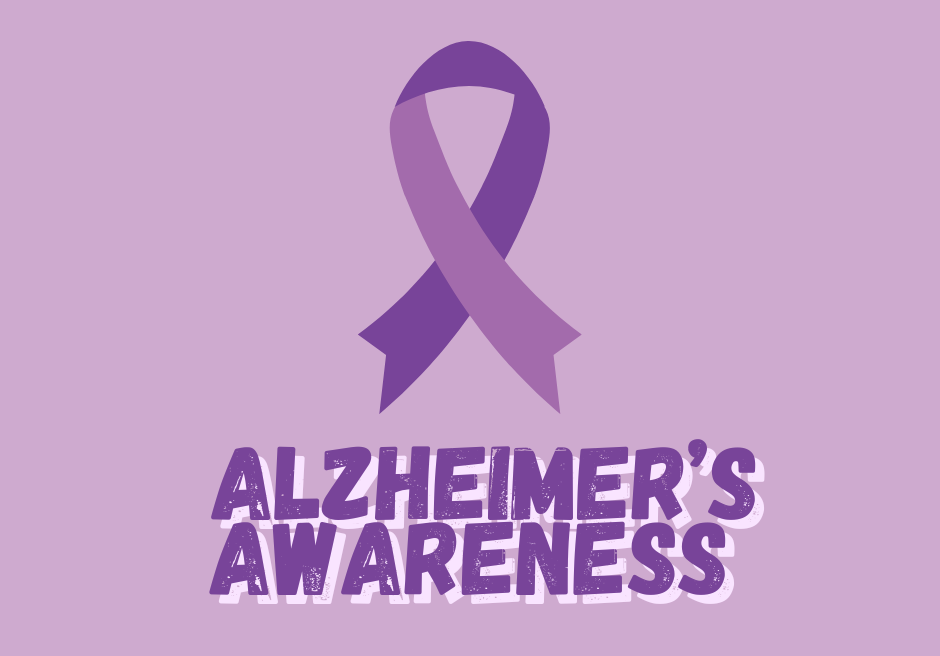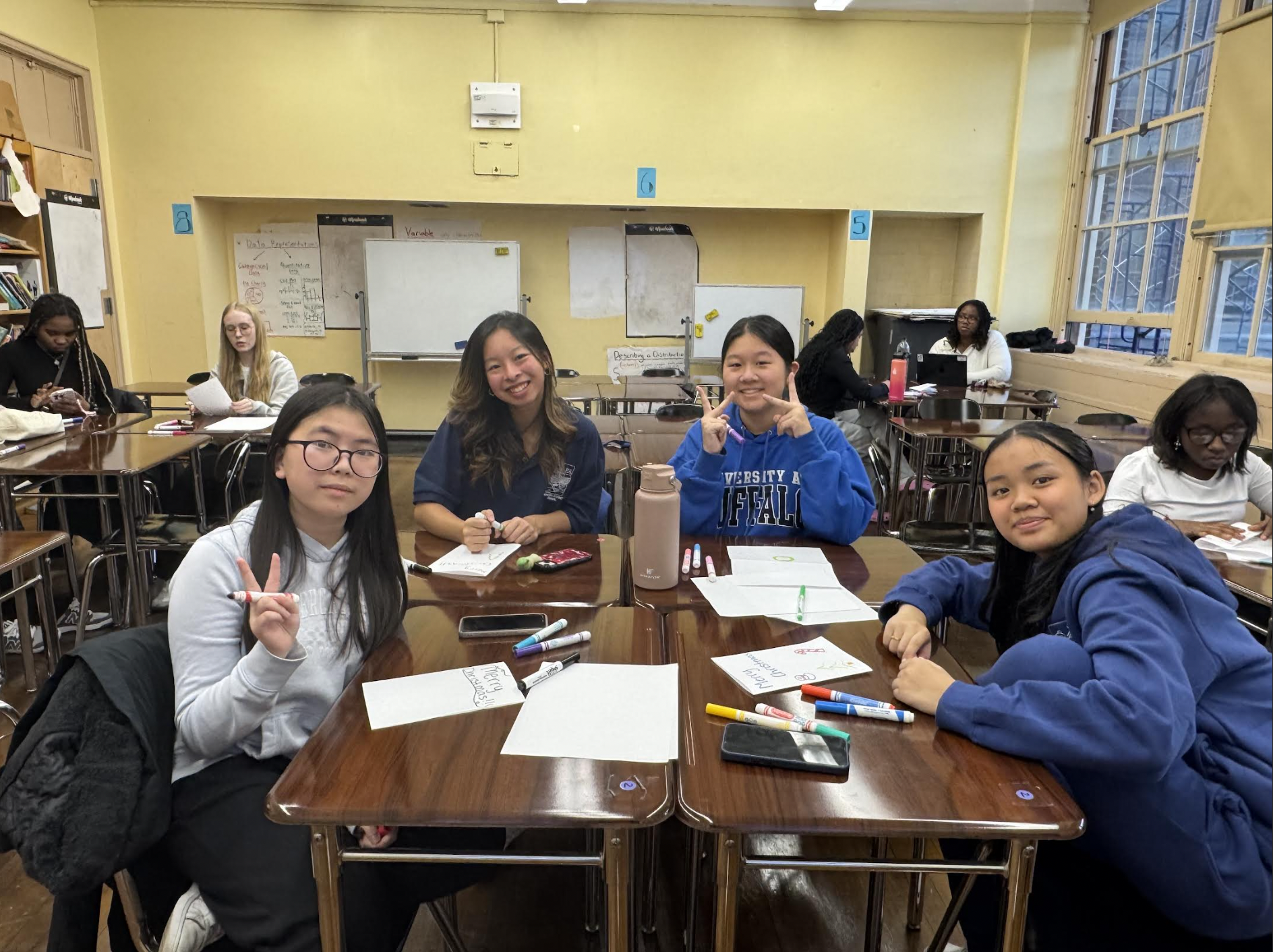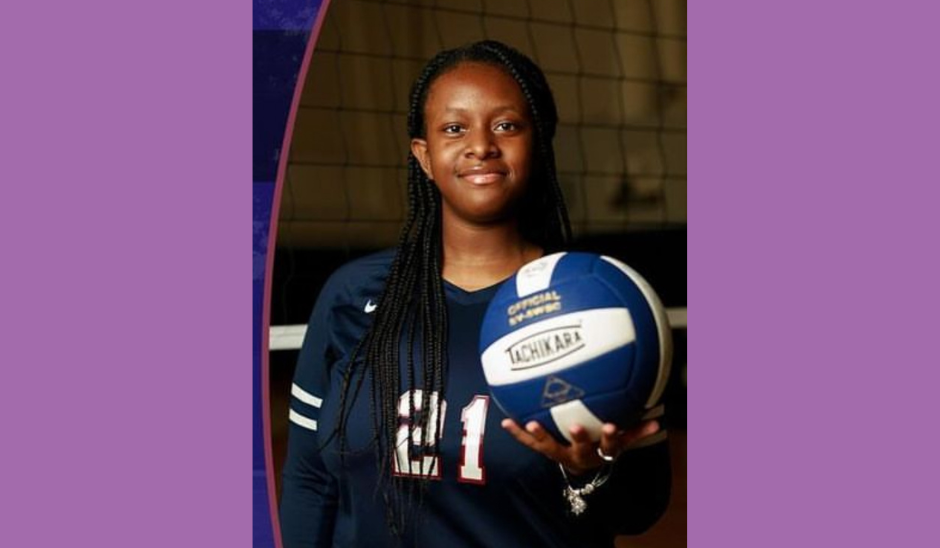The morning my mother was diagnosed with early-onset Alzheimer’s, I stood in our kitchen holding a broken coffee mug, watching the dark liquid spread across our worn linoleum floor.
I was twenty, just starting my career in journalism, and suddenly faced with becoming a caregiver to the woman who had always been my rock. That morning, watching coffee pool around my feet, I couldn’t imagine how we would navigate the path ahead.
Mom had always been the keeper of our family stories, the one who remembered every birthday, anniversary, and childhood triumph. She documented our lives through carefully organized photo albums and handwritten recipes passed down through generations. Now, watching her struggle to remember the name of her favorite flower daffodils, always daffodils I felt like we were losing more than memories. We were losing our family’s storyteller.
The first year was a series of hard lessons. I learned that grief comes in waves, even when the person you’re grieving is still sitting across from you at the breakfast table. I discovered that patience isn’t a virtue you’re born with, but a muscle you strengthen through daily practice. Some days, when Mom asked the same question for the twentieth time, I had to step outside and count backward from one hundred, reminding myself that her frustration was greater than mine.
But among these challenges, I discovered unexpected moments of grace. Like the afternoon I found Mom in the garden, carefully tending to her daffodils. “I may not remember their name,” she said, “but my hands remember how to care for them.” That day, I learned that some kinds of knowledge run deeper than memory.
What keeps me hopeful isn’t the promise of a cure or the dream of returning to our old normal. Instead, hope comes in small moments: when Mom hums an old lullaby she used to sing to me, her muscle memory preserving what her mind cannot. It comes when she looks at old photographs and, though she might not recall the specifics, still smiles at the happiness captured in those frozen moments.
I tackle each day by creating new routines. We write everything down now, filling notebooks with our present moments so they won’t slip away. I’ve learned to find joy in repetition, to appreciate that even if Mom asks me the same question multiple times, each answer is an opportunity to connect with her anew. When she tells me the same story about my childhood for the third time in an hour, I listen as if it’s the first, because for her, it is.
Through this journey, I’ve discovered that hope isn’t about clinging to what was, but about finding beauty in what is. It’s about celebrating small victories: the days when Mom remembers to water her daffodils, the moments when she spontaneously recalls a detail from the past, the times when, despite her confusion, she still knows exactly how to comfort me with a mother’s touch.
Our story continues to unfold, different from what we imagined but no less filled with love. In the garden, Mom’s daffodils still bloom each spring, resilient and bright, reminding us that even when memory fades, the heart remembers what matters most.





















